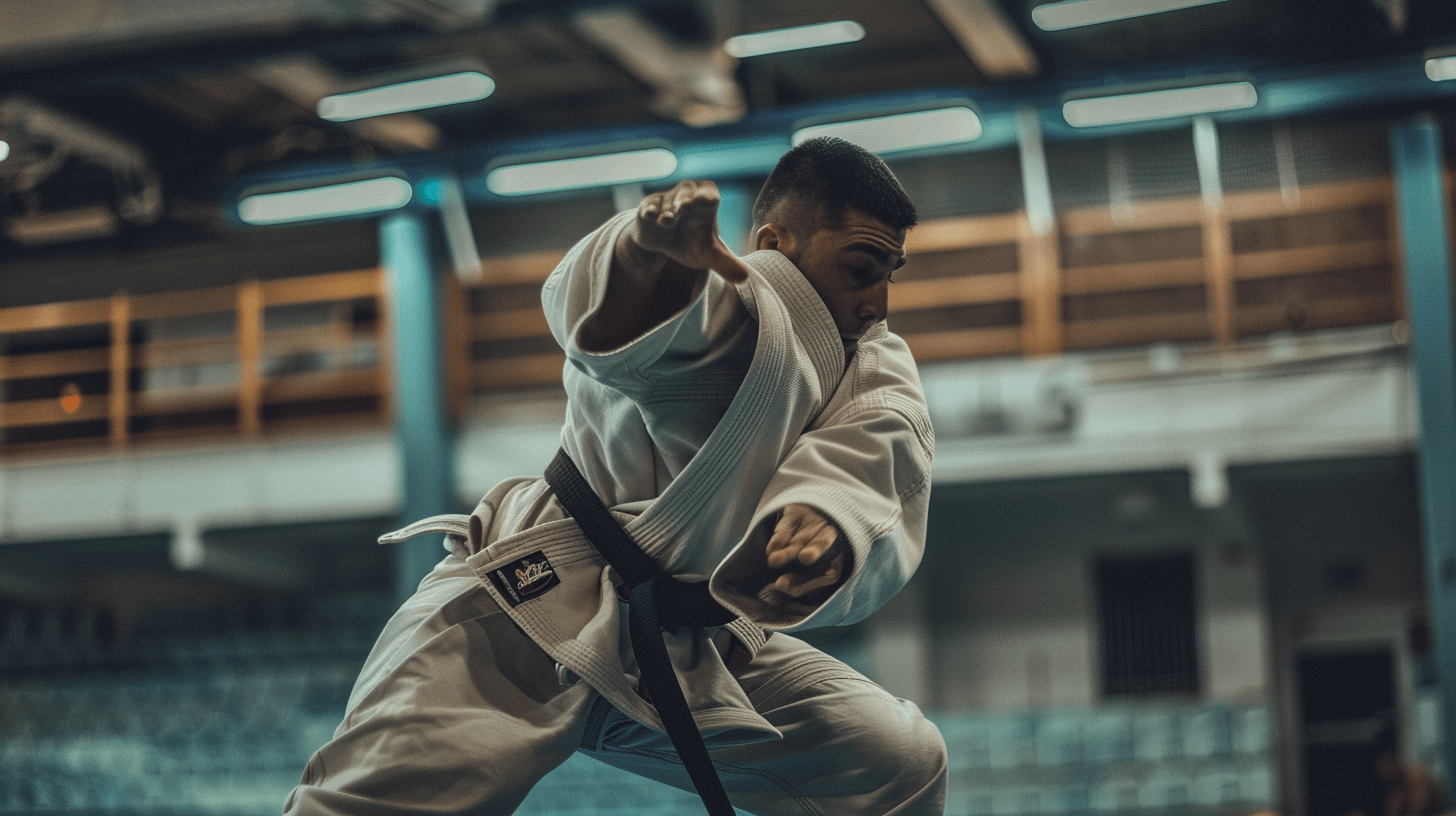The World of Jiu Jitsu
Explore Jiu Jitsu in this collaboration with Crypto Jiu Jitsu. Together, we’re building a movement rooted in respect — for ourselves, each other, and the environment.

Physical, Mental, and Social Benefits
Training in jiu jitsu can unlock a wide range of physical, mental, and social benefits.
Physical Benefits of Jiu Jitsu
Jiu jitsu is a full-body workout that develops functional strength, cardiovascular endurance, and flexibility. Because training involves constant movement, grappling, and positional transitions, it strengthens the core, improves balance, and engages multiple muscle groups simultaneously.
Key physical benefits can include:
- Cardiovascular Health: Rolling (sparring) is aerobic and anaerobic, boosting heart health.
- Muscular Endurance & Strength: Techniques require the use of grip, core, legs, and upper body strength.
- Flexibility and Mobility: Regular practice improves joint range of motion and muscle elasticity.
- Weight Management and Conditioning: BJJ burns calories while building lean muscle mass.
- Injury Prevention: Increased body awareness helps prevent injuries both on and off the mats.
Mental Benefits of Jiu Jitsu
Jiu jitsu is often described as “physical chess” due to the strategic thinking required. Every roll presents a puzzle—where timing, technique, and creativity are key. Practitioners must stay calm under pressure, anticipate their partner’s moves, and adapt quickly.
Mental benefits can include:
- Cognitive Function: Decision-making and tactical planning improve through repetition and live practice.
- Stress Relief: Physical exertion and focus on technique help quiet the mind and reduce stress.
- Emotional Regulation: Managing losses, frustrations, and small victories on the mat builds mental fortitude.
- Mindfulness: Training encourages present-moment awareness, which has meditative effects.
- Resilience and Grit: Consistent practice teaches persistence through plateaus and setbacks.
Social and Emotional Growth
While jiu jitsu is an individual journey, it’s deeply rooted in social interaction. From bowing at the beginning of class to drilling techniques with partners, practitioners are constantly learning from and supporting one another.
Emotional and social benefits can include:
- Humility: Even experienced practitioners are tapped out, teaching respect for all levels.
- Patience and Empathy: Progress takes time, and partners learn to support each other’s growth.
- Confidence: Facing challenges head-on in a safe setting builds authentic self-assurance.
- Trust and Respect: Training with partners requires mutual care, reinforcing accountability.
- Community and Belonging: BJJ gyms foster inclusive environments where diverse individuals work together toward common goals.
Many practitioners describe their gym as a “second family.” The camaraderie built on the mats often leads to lifelong friendships and a strong sense of purpose and identity.
Key Takeaways
- Jiu jitsu can improve physical health by building strength, flexibility, endurance, and cardiovascular function.
- Mentally, BJJ fosters focus, emotional resilience, and stress relief, encouraging a problem-solving mindset.
- Socially and emotionally, it builds character, humility, and community, offering a safe space for growth and self-discovery.